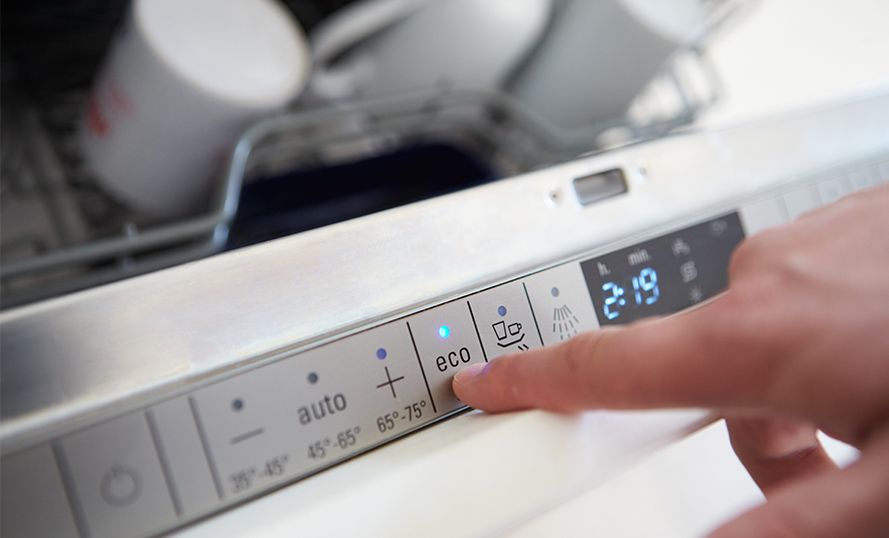Repairing vs Replacing Appliances

One of your appliances not working as it should? Maybe stopped working completely? You’re now probably wondering if you should try to repair that faulty part, or to buy a new appliance altogether. This is a really important decision to make, as the wrong choice could end up costing you a lot of money. There are a few simple stages you should go through before you make this decision.
Firstly, take a deep breath and make sure that it’s really broken. Check for things like unplugged cables, unbalanced appliances or surfaces, tripped circuits, clogged filters, and the classic turn-off-and-on-again solution. If your own checks don’t solve the problem, try calling the manufacturer’s helpline where they can provide you with expert assistance, taking you through a range of troubleshooting methods.
**TOP TIP: check to see if your appliance is still under warranty as in most cases, if still under warranty you’ll be eligible for labour and parts repair.
Consider the average lifespan of your appliance. General estimates for household appliances are:
Microwave – 9 Years
Dishwasher – 9 Years
Washing Machine – 10 Years
Dryer – 13 Years
Refrigerator – 13 Years
Electric Oven – 13 Years
Gas Oven – 15 Years
(Information based upon the following: https://www.houselogic.com/organize-maintain/home-maintenance-tips/when-to-repair-or-replace-large-appliances/)
The ‘50% Rule’ is often a suggested guideline. If an appliance is more than 50% through its lifespan, and the cost of a repair is more than 50% the cost of buying a new appliance, then you should replace instead of repairing. If you have already made past repairs to the appliance, this often means it will continue to give you issues, giving you more reason to replace possibly even before the appliance gets through half of its lifespan.

Another factor to consider is that newer appliances are much more energy efficient than older ones – a fridge today uses roughly half the power of one 20 years ago – so in some cases the savings on power bills will make up for the investment of a new appliance.
Consider the costs in repairing vs replacing, and also consider your needs. Newer appliances can come with many extra features which, for you, may add so much extra value that it outweighs the cost.

